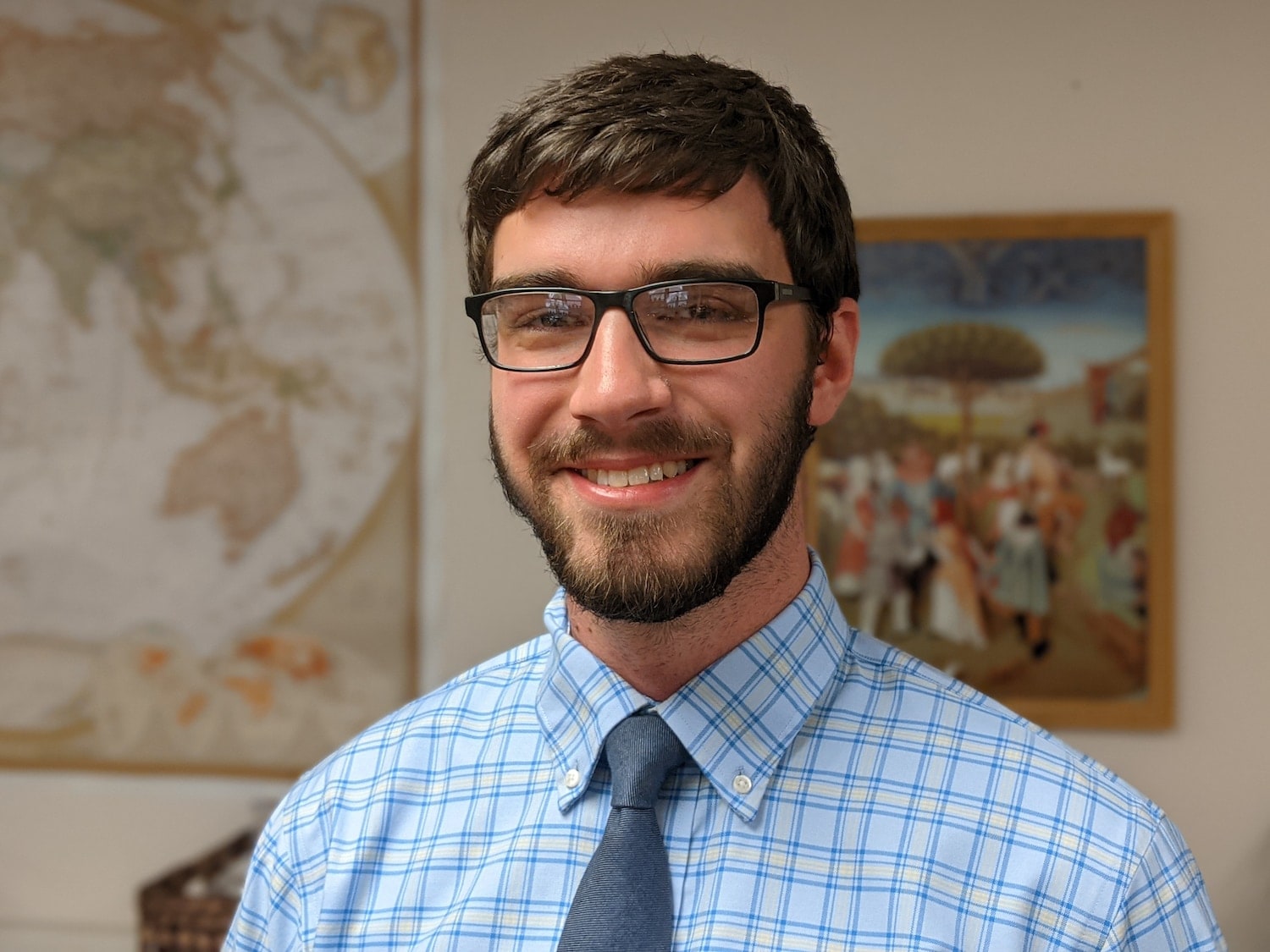More important than learning grammar, math, Latin, or any of the subjects we teach at Mount Hope (and to be clear, they are all extremely important!)—more important than these is the instruction students receive from the Word of God and from the pure doctrine expounded in our Lutheran Confessions. In other words, the most important education our students receive at our school is their Christian catechesis. It is imperative in any Christian school that catechesis be the central part of education because God’s Word and Sacraments should be the wellspring of all we teach our students.
First, of course, all the students of Mount Hope receive instruction in the Word every morning in chapel when the Word is preached and taught by one of our wonderful, faithful pastors. Even better, they have the blessing of eating and drinking the body and blood of Jesus in the Divine Service not only on Sunday, but on Wednesday as well. That also means our students get to sing solid Lutheran hymns every day, which are another wonderful way for them to be instructed by the Word. These parts of our students’ catechesis form the core of their Christian education.
Besides the Divine Service and daily chapel, our students get to learn Lutheran doctrine more in-depth in several ways during the rest of the day, whether that be theology class with Pastor Olson for the high schoolers, religion class with Pastor Richard and the other teachers for grades K-8, or confirmation class for the junior high students with Pastor Preus. On top of that, our students also have the invaluable teaching in God’s Word that comes from their parents daily. This direct instruction in the Word is another integral part of each of our students’ education, and it is usually where our minds go when we hear the word “catechesis.” A student’s instruction in God’s Word, however, should not end there. Catechesis isn’t only a class or a devotion—it is the Christian teaching that permeates all that happens in a Christian’s education.
One way catechesis is a part of a Christian student’s life is in the school’s culture of confession and forgiveness. Students and teachers, like all people, are sinners, and there will be times when students commit sins against each other, or a sin is committed by a student or a teacher against the other. In all cases of sin between Christians, we are taught that the sin needs to be confessed, and that the person sinned against needs to forgive that sin as Christ forgives him. This applies to life in school just as well as anywhere else in the life of a Christian. We teach our students to confess their sins to one another, and to say the words “I forgive you” when the sin is confessed. We teachers are to show the same confession and forgiveness when we sin against students or when they sin against us.
Another place catechesis shows itself as the core of Christian education is in the other classes taught during the school day. If Christianity is merely taught as an ingredient to be added into a subject, we teachers would be confessing that what we are teaching is not inherently Christian. On the contrary, every subject we teach should grow from the faith we have received through the Holy Spirit. That means we look for virtues and vices, good and evil in history class and don’t teach it as a set of cold, unbiased facts. It means we teach students to think like human beings in math class and not to think like computers. It means we teach Latin so that one day students can read more great works of Christian thought, not just to make a Spanish class easier in college. In the grand scheme of things, it means that in everyday classes we help students better use their God-given faculties to live their lives as Christians.
Catechesis in a Lutheran school encompasses all these things, from the Divine Service to confirmation class to science class to saying “I forgive you.” It makes teaching children in a Christian school such a joy when those children being taught are Christians with Christian families. When those things are true, we know their education is far from in vain, because we know they are, in various ways, spending their day being instructed in the holy Word of God.
In Christ,
Mr. Hahn

